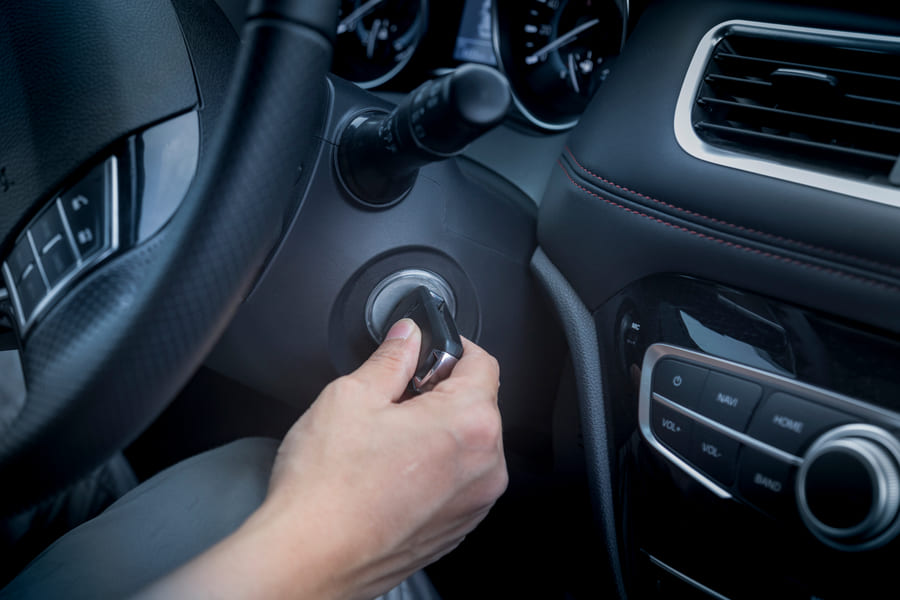
Struggling to start your car? Don’t worry, it happens to the best of us. Whether you’re travelling to or from work, in a rush to pick up your kids, or just off to see a friend, there is never a good time for starting problems. However, this doesn’t mean your whole day has to be ruined. There are several simple steps that you can take to solve the problem and make the best out of what would normally be a very stressful situation. The first step is to determine why this is happening and whether there is a straightforward solution or the vehicle needs professional attention.
Why won’t my car start?
There are several possible reasons for this, including power problems, ignition faults, and issues with the fuel delivery system. Before looking into the common causes of this, check for simpler causes such as the car being in park, an empty fuel tank, or a locked steering wheel.
Common causes of starting problems:- A dead battery
This is the most common culprit of faults like this as the component provides power to the key electrical appliances, including the starter motor, sensors, ignition components, and air conditioning system. If the charge is too low, it will not be able to do this effectively. There are several causes of a low charge. For instance, the charge may run out if the lights have been left on overnight, or the water inside the cells could have evaporated, reducing their conductivity.
If the lights are dim or not turning on and other electrical components aren’t working as they should be, this could indicate that there is a problem with the battery. Sometimes it is possible to start a car with a flat battery using a jump starter or a portable charger. Make sure to check the owner’s manual for information on jump-starting the vehicle to avoid damaging components. Some manufacturers actually advise against attempting this due to the associated risks. The power system component may need to be replaced if it has reached the end of its service life. - A bad battery connection
Check whether the connections are faulty or loose. Tighten loose terminals or install shims to fix loose cable ends. If there are traces of corrosion or other contaminants, the parts should be cleaned thoroughly or new cables should be installed. These electrical parts should be handled with care. - A faulty alternator
If the interior lights are looking dimmer than usual and the car is just about able to start but keeps stalling, it could be the result of a bad alternator. This component is supposed to support the battery by recharging it while the vehicle is on the road. You may also hear a squealing sound when power intensive appliances like the stereo are on and, sometimes, the battery warning symbol lights up. This will require professional assistance. - A defective starter
If you can hear a clicking noise but the engine clearly isn’t cranking properly, the starter motor may be the culprit. Its purpose is to turn over the engine when the ignition is switched on, allowing it to take in air for combustion. You may be able to test it using a regular voltmeter. - Ignition switch problems
If the switch is broken or damaged, it will prevent the engine from starting. Fully functioning headlights are a telltale sign of this as it indicates that the battery is still charged. Once you have identified the cause, the ignition switch can be repaired or replaced. The component is located behind the lock cylinder where the keys are inserted. Try to keep the car keys as light as possible, avoiding heavy keychains to prevent damage. - A clogged fuel filter
Fuel filters can become clogged with contaminants over time, especially if the quality of the fuel is poor or the mileage is high. This will affect the supply of fuel to the engine cylinders, disrupting the ignition process. This problem can be solved by changing the filter. They typically last around 20,000 – 40,000 miles.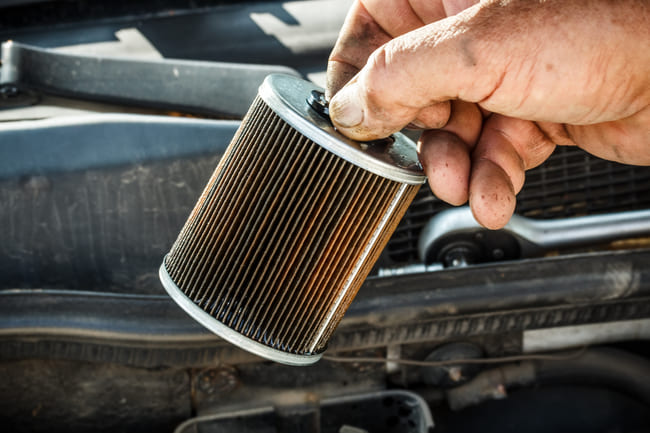
Who to contact
If you don’t have the time, skills or resources to diagnose and repair the vehicle, you can consult an automotive technician to get it checked. The technician will probably check the fluid level of the wet cells and conduct an electronic battery load test, measuring the voltage and cold cranking amps. Certain faults, such a broken alternator, require professional repair services due to their complexity or associated risks.


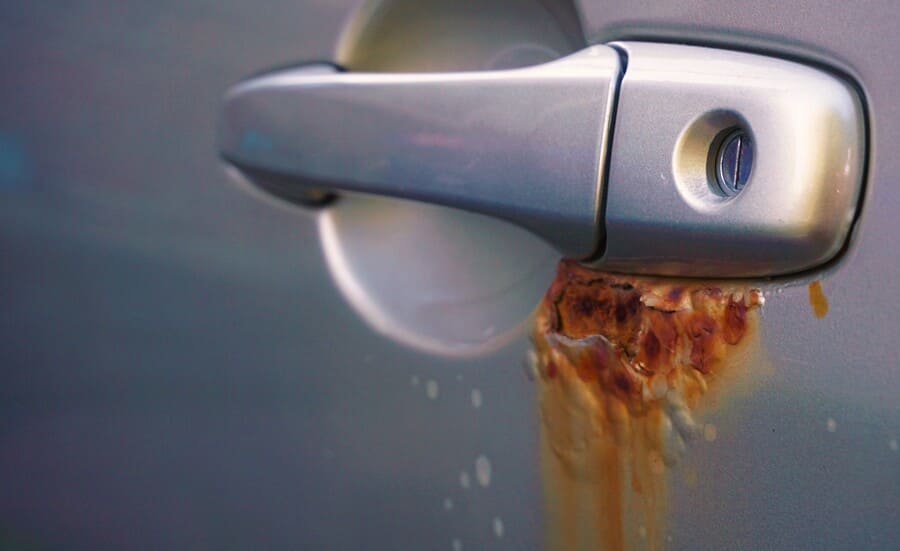
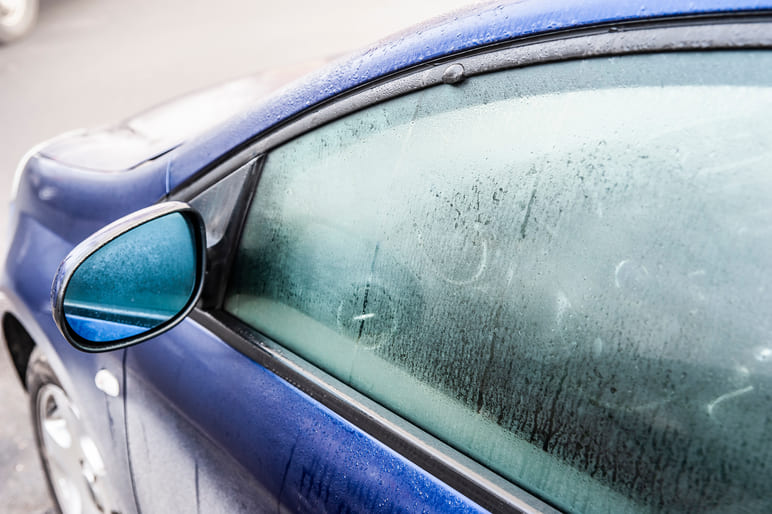
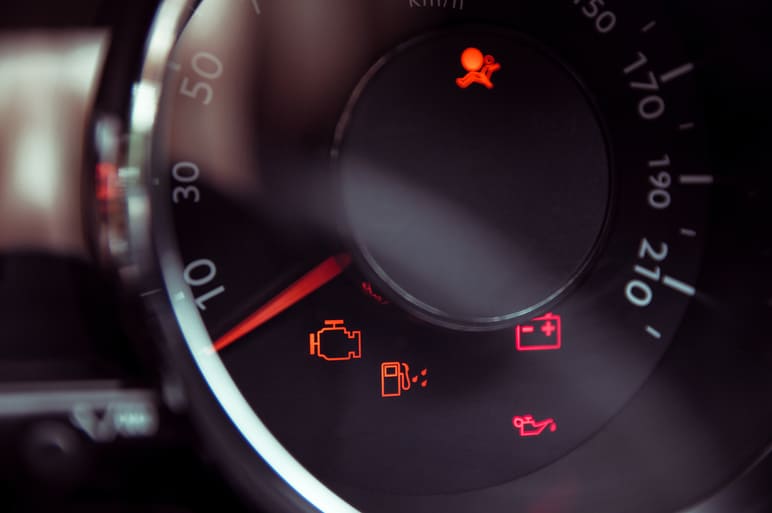

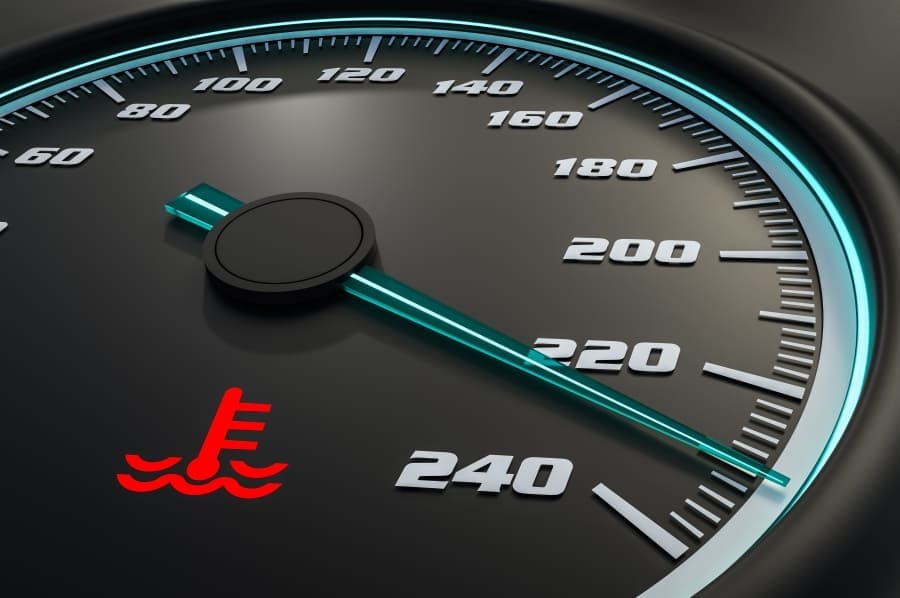

Comment